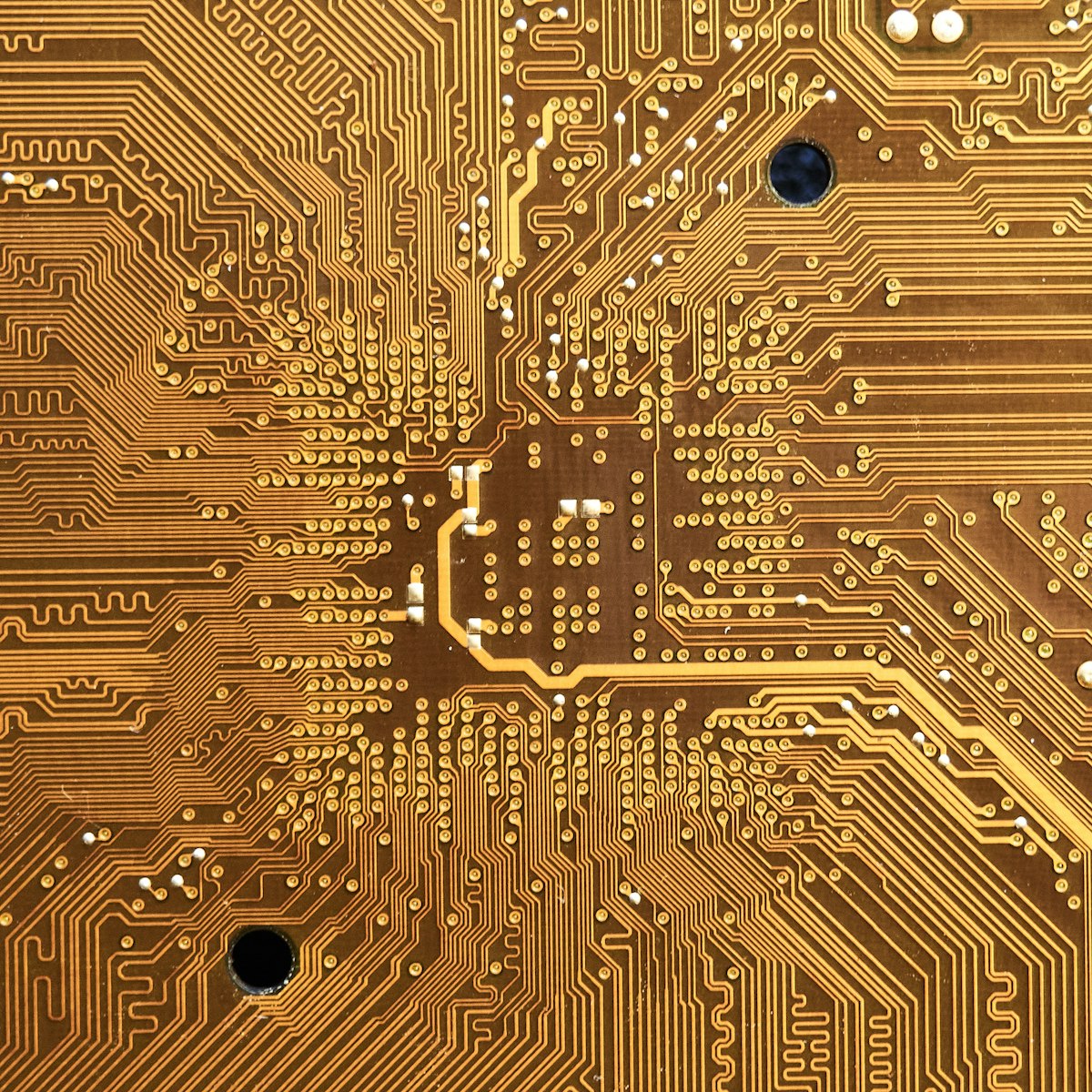Infrastructure is eating the world...

Marc Andreessen is certainly famous for coining the notion that "software is eating the world." It was circa 2011, and since then, software has eaten the world. Meaning that every aspect of business and any corner of any market is now a) connected and b) dependent on only a few key operators–the ones developing and running said software.
And while Europe tried half-heartedly to catch up by mimicking what Silicon Valley was doing with its GAFAM (too late, too slow, and more importantly, with each European country trying to beat the other ones instead of banding together), the U.S. managed to establish quickly powerful tech gatekeepers that everyone else eventually had to accept. I discussed this so many times over that you're probably bored with all this (not judging).
Fast-forward to 2024, and something unprecedented is happening. Something that seems to be the next decade-long tech upheaval and geopolitical battlefield. I'm not referring to AI (but yes, AI is at its core). I'm referring to building from the ground up the next-gen GAFAM, the next tech gatekeepers of the world. And they are the ones building the new rails for next-gen tech infrastructure.
All the signals are out in the open.
You just have to read them...
Developing sub-7nm microchips is crystallizing a Cold War that doesn't say its name. Nvidia is becoming the next Aramco by creating the core building blocks for AI. Jony Ive and Sam Altman are seeking ginormous amounts of funding to build AI hardware. The U.S. government is heading out billions of dollars to drag foreign chip manufacturers on its territory and to resuscitate Intel out of its slumber.
Europe is not totally out of the loop on this one.
If only because we have in the Netherlands one of the most important (and yet unknown) gatekeepers of this new wave of tech. But also because the EU seems to have learned some lessons from the software era.
1 Trillion microchips were manufactured around the world in 2020 and EU's share of the global microchips market is only 10% - excerpt from the European Chip Act presentation
Still, we are lagging behind, not seeing that it's not just chips but all forms of hardware infrastructure that are spreading out. The U.S. has already deployed the next-gen internet infrastructure; China is leading the way in battery technology and production, now also on nuclear power...
Nuclear and renewable energy, digital platforms, road and rail infrastructure, payment systems, quantum computing, biotech, agtech and foodtech, pharmaceuticals… Not a single key technology infrastructure is currently led by European ventures, conglomerates, or utilities. - European Space Sovereignty, 2022
Is it still time to catch up a startup at the time in Europe?

Probably not anymore. This doesn't mean we shouldn't have startups fiercely focused on these issues, though, but it certainly means that it's not just a game for small, lightweight frontrunners anymore.



